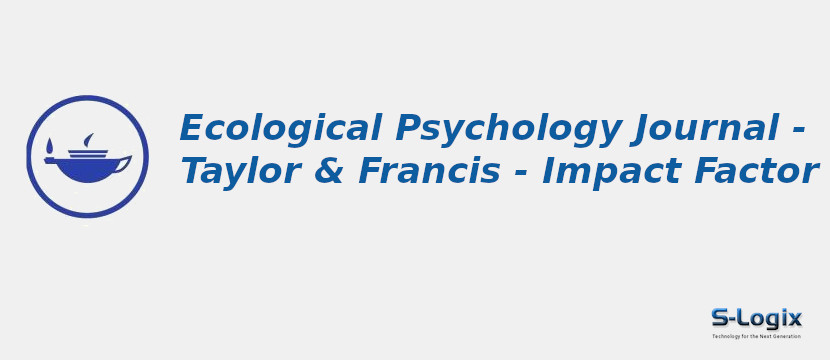Journal Home: Journal Homepage
Editor-in-Chief: MICHAEL J. RICHARDSON
Print ISSN: 10407413
Electronic ISSN: 15326969
Abstracting and Indexing: Sciences Citation Index Expanded, Scopus
Imapct Factor 2024: 1.7
Subject Area and Category: Agricultural and Biological Sciences, Ecology, Evolution, Behavior and Systematics, Computer Science, Computer Science (miscellaneous), Psychology, Experimental and Cognitive Psychology, Social Psychology
Publication Frequency:
H Index: 56
Q1:
Q2: Computer Science (miscellaneous)
Q3:
Q4:
Cite Score: 3.0
SNIP: 1.466
Journal Rank(SJR): 0.555
Latest Articles: Latest Articles in Ecological Psychology
Guidelines for Authors: Ecological Psychology Author Guidelines
Paper Submissions: Paper Submissions in Ecological Psychology
Publisher: Routledge
Country: United States
